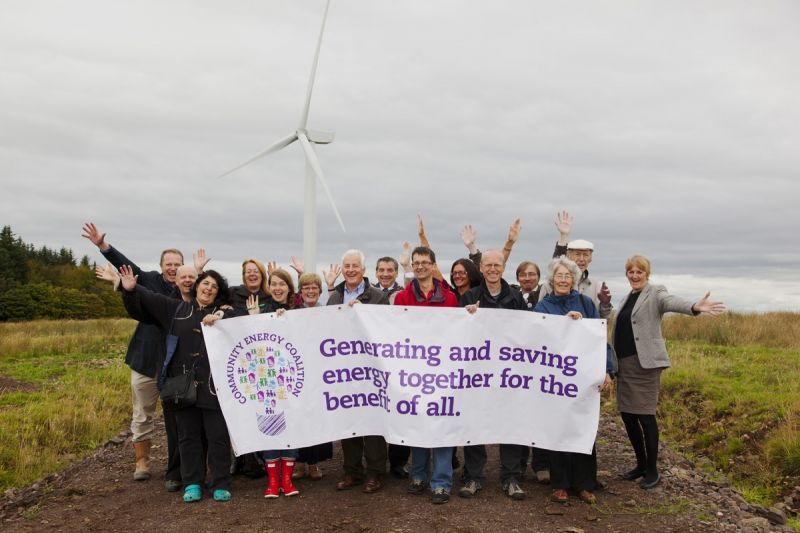
A new report published by the International Labour Organization’s Enterprise Department presents a collection of case studies on co-operatives in energy production, distribution and consumption, showing their contribution to the on-going search for ways in which the goal of Sustainable Energy for All.
According to the United Nations, 22 per cent of the world’s population do not have access to modern energy services. The report highlights the main advantages of energy co-operatives, such as low cost goals, good value for money, inspiring people, foster renewable energy and providing reliable services.
The report describes how co-operatives are bringing transformation to the energy sector from the bottom up. As community-based enterprises, co-operatives provide democratic local control over energy issues and offer a successful model for rural electrification.
One of the countries leading in renewable energy, Germany has experienced a spectacular increase in the number of “citizen” energy co-operatives. A favourable legislative framework, along with the liberalisation of the energy market and feed-in tariffs, provided a great incentive for the development of renewable energy co-operatives in Germany.
In Argentina electricity co-operatives provide 10 per cent of the national energy production, serving 17 per cent of customers at national level and 58 per cent of rural customers. In Brazil, there are 126 rural electricity co-operatives, with over a million members. Although they are a recent phenomenon in Canada, renewable energy co-operatives started to grow. In 2011 there were 71 registered renewable energy co-operatives in Canada.
In Denmark, a pioneer in wind power installations, over 23 per cent of the country’s wind capacity is owned by co-operatives. Similarly, energy co-operatives serve 12 per cent of the US population. The 841 distribution and 65 generation centres and transmission co-operatives serve 42 million people across 47 states. In 2010 US co-operatives received 13 per cent of their power from renewable sources.
Rural electric co-operatives have started to emerge in South Sudan as well. The country’s first electricity co-operative was initiated as part of USAID’s Southern Sudan Rural Electrification programme, implemented by NRECA International. The co-operative now benefits more than 16,000 people, while also helping to expand business opportunities and facilitate innovation and creativity.
In India, in villages where electricity is provided by energy co-operatives, the household connection rates are four times higher than in villages served by state electricity board.
ILO’s report also provides examples on promotion at national and regional level. In the US, the National Rural Electric Cooperative Association (NRECA) not only supports and promotes all such initiatives, but also engages in policy and legislative dialogue and conduct public awareness campaigns. At European level, the EU has been promoting renewable energy co-operatives as an opportunity for achieving a more sustainable energy industry.
The movement can also help provide financing for energy initiatives. Many savings and credit cooperatives in OECD countries provide specific loans to improve energy efficiency. In Kenya two tea growers’ savings and credit co-operatives –Kiegoi and Michimikuru- developed loan programmes with their members for buying solar photovoltaics - PV systems, helping to install over 150 PV systems.
The report concludes by recommending a series of measures which could contribute to creating more renewable energy co-operatives, such as technical assistance and capacity building, loans, grants and subsidy programmes as well as effective partnership programmes with government agencies. It also recommends that co-operatives were consulted and included in drafting new energy policies or implementing existing ones.
Photo: Westmill Solar Co-operative




